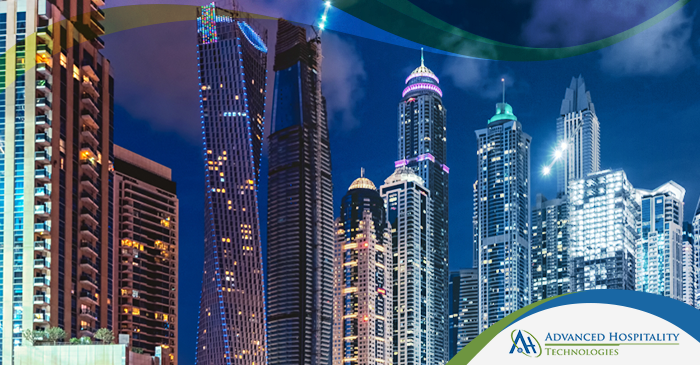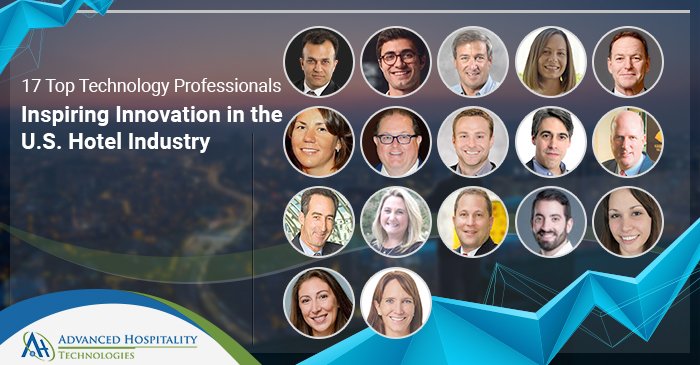In the article, ‘True Gen’: Generation Z and its implications for companies on McKinsey&Co., Tracy Francis and Fernanda Hoefel discuss how the Millennials and Gen-Z are changing the way we interact with brands. These young men & women are the celebrities of this age, influencers who affect the purchasing behavior of everyone around them.
These tech-savvy generations are known for their infatuation with technology, being exposed to most modern tech since childhood. This “hypercognitive generation”, as the article terms them, have interacted with the internet, social media, and mobile technology since childhood.
Millennials (Gen-Y) and Gen-Z also feel comfortable sharing personal information for a better experience. When talking about hospitality, both generations expect a fair level of flexibility, personalization, and control over their hoteling experience.
Both these generations demand highly connected and tech-savvy hospitality experiences. Hoteliers must offer seamless technology-supported guest experiences to this demographic with a high level of customization and personalization during their stay.
Over the past 4 years, there has been great emphasis being placed on hotel technology, with hotel owners realizing the significance of tech for millennials and Generation-Z guests. In one of my earlier blogs, I discuss how technology has a positive impact on the overall guest experience.
Both academic research & professional insights prove that technology directly influences guest engagement, improve the operational efficiency of staff, and give guests more control over their hotel experience.
High-Speed Internet is the Key
Critics can argue all they want, but high-speed internet access is key to successfully implement a “tech-tastic” customer journey. For millennials and Gen-Z individuals, the internet is part of their basic needs like food, water, and shelter.
Multiple smart devices, interconnected and sharing information constantly require steady high-speed internet to ensure cohesion. The modern tech-savvy traveler doesn’t necessarily demand a luxurious room, but albeit one with vast technology applications.
Hotels with legacy internet infrastructures tend to lose guests after appalling experiences and bad reviews. High-speed internet is essential as I already mention above since it interconnects not just guest devices, but also the entire technology infrastructure of the hotel.
High-speed internet touchpoints are key to delivering successful guest experiences. The modern traveler uses a variety of devices including smartphones, tablets, smartwatches, voice assistants, laptops, and other connected devices.
One of the most important factors of high-speed internet services is the security that is applied over it. Hospitality businesses are the second most affected by cybercrime due to the massive amounts of data collected on their servers. Security remains one of the most debated aspects in the hospitality industry after the data breaches at Marriott, Hilton, and Ritz-Carlton hotels in the past few years.
“For a better understanding of cybersecurity and data security threats for hotels read my previous article, The Most Common Cyber Threats For Every Hotel in 2019.“
Mobility Solutions are Becoming Popular
Mobile apps, smartphone room keys, room tablets, and voice assistants are gaining ground replacing several legacy technologies at hotels. For instance, a great way to surprise guests is by offering them mobile check-in after a long trip, instead of waiting in queues.
Similarly, intuitive mobile apps are an excellent initiative for hotels since it provides a one-stop solution for guests. Mobile & tablet apps are allowing guests to check-in & check-out, order room service, call housekeeping, order food, use as a room key, avail promotions, and leave reviews at the end of their stay.
Review Courtesy – HospitalityAwards
Brilliant hospitality phone apps like those offered by the Marriott Group and the Ritz-Carlton are paving the way for even the smallest hotels to adopt these highly desireable technological marvels.
Another great aspect of mobile apps is that they provide seamless communication with the housekeeping staff and concierges. Instead of calling the operator every time, the guest can simply message the concierge, kitchen, laundry, or housekeeping staff for requests.
Mobile apps also offer an excellent opportunity for millennial and Gen-Z guests to receive important news, weather updates, and tourist information. Hotel owners are also constantly evaluating and upgrading their apps to cater to the more tech-savvy demographics.
Personalization is the New Black
The key to a more relaxing guest experience for both millennials & Gen-Z is the added personalization that hotels offer. Giving guests the power to choose their room type & quality, in-room amenity controls, freedom to request services at any time, technology applications for self-service, etc. all add to the personalized offerings guests demand today.
Imagine offering guests the option to prescribe their room temperature, the view from their room, access to special amenities, advance tour bookings, and tablet controlled rooms. Consider the cloud-based Gaia system by Hong Kong-based hotel tech firm Neoma.
The Bluetooth based AI assistant syncs signals from guest room keys and provides staff accurate guest details. Gaia can recommend modes of action to staff, the language a guest speaks, the service they are requesting, etc. all based on collected behavioral data.
Tablet control is a brilliant way to give guests control over their stay. The ease of controlling all the technology in the room, in addition to accessing hotel services, is a mouth-watering prospect for all tech-savvy guests.
Personalization is going to lead the way in the coming years as guests demand more self-service technologies to help themselves instead of calling a member of staff every time.
What Does the Future Hold?
In his opinion article on HospitalityNet, Court Williams – CEO Executive Search at HVS New York, adds that “innovative technology is a must for any brand aiming to serve Gen Z in the future.”
Many hotel brands still don’t understand fully the degree to which millennials and Gen-Z are connected. As I mentioned above high-speed internet is no more an attraction to display in ads, it is the backbone of delivering a superior guest experience.
Hotels, according to Williams, should consider integrating more technology for a more seamless and self-guided experience at hotels. Hotel owners should revisit their technology infrastructures every year, while there should be great emphasis on researching the Gen-y & Gen-Z demographic. Reviews and surveys are essential to determine what these tech-savvy travelers demand.
I hope you enjoyed my opinion on how to delight millennial and Gen-Z guests at your hotel. As hospitality technology progresses we will see even more integrations in hotels with cutting edge technology stacks making stays outstanding for guests.



